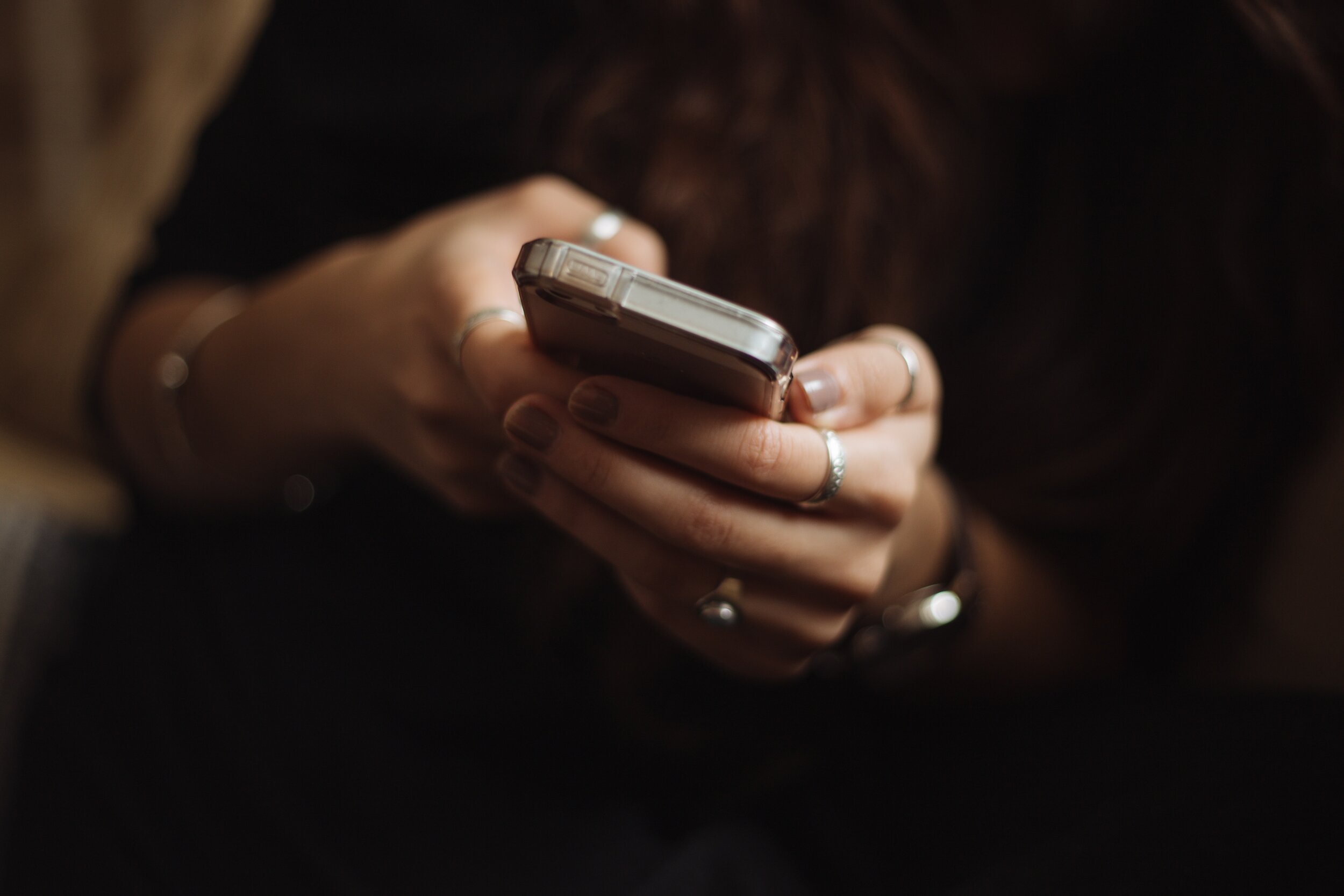The Silent Epidemic: How Social Media Damages Your Mental Health
It should come as no surprise that the addiction to the internet and social media is a very real challenge … and it has been for years.
But when you add a global pandemic that forces people to stay home and connect with people only through screens, this challenge easily morphs into an epidemic.
As of January 2020, exactly half of the global population were active users of social media platforms — an increase of 9.2% since 2019.
And just a year later with most of America staying home, that number has only increased, and it has become evident in our community.
“The pandemic can't be an excuse for isolation,” Jean Gray, a behavioral health therapist with Health Services of North Texas stated over the past few months alone she has seen a major increase in patients reporting anxiety, depression, eating disorders, cyberbullying, and agoraphobia (an anxiety disorder where a person is afraid to leave their environment or home that they consider to be safe).
Here’s the issue:
Many studies have found an association between time spent on social media (as well as the number of social media platforms used), with symptoms of depression and anxiety.
With 13% of 12-17 year olds reporting depression and 32% reporting anxiety, mental illness is a very real concern for adolescent health. But it’s also a concern for young adults since 25% of 18-25 year olds report having some form of mental illness.
Some researchers have also suggested that this increase in mental illness is connected to the rise of social media use among adolescents and young adults.
Unfortunately, many potential risks of social media’s impact on young people’s mental health are overlooked by parents, teachers and the young adults themselves. When left unchecked, obsessive use of social media can lead to various mental illnesses such as attention-deficit/hyperactivity disorder (ADHD), impulsive disorder, disruption of proper mental functions, paranoia and loneliness, according to the ADAA.
So the question must be asked …
Why is social media so alluring?
Well, to put it plainly — we need each other … humans weren’t created to live in isolation. We crave social connection, and it’s been that way since the beginning of time.
Maya Angelou understood this perfectly when she said, “We need joy as we need air, we need love as we need water. We need each other as we need the earth we share.”
Whether it be through towns, villages, churches, or restaurants, people have always gravitated toward each other. We depend on one another for connection, friendship, and purpose.
In fact, traditional social networks, communities, or groups “enable individuals and communities to form and maintain social capital, which allows individuals to draw on resources such as information and social support from other network members.”
With today’s technology, connection with others around the world is easier than ever, and just a mere click away. You don’t even have to leave your house.
On one hand, this ability is incredibly powerful. It has allowed so many of us to stay connected virtually through an isolating year of sheltering in place and working from home. And in some ways, social media platforms have even helped prevent loneliness and complete isolation.
But the problem is …
Even good things can become bad when they are excessive
The same devices that make connecting with our communities on social networking sites so convenient also make social media extremely difficult to resist.
Notifications and alerts with their 24/7 dinging, ringing and buzzing make it challenging to concentrate on other, more critical aspects of daily life. We’re often compelled to immediately check our smartphones and tablets for fear that we might miss out on something important.
But this phenomenon goes beyond “fear of missing out,” or FOMO. In fact, it now has its own name: social media anxiety disorder, as reported by the Anxiety and Depression Association of America (ADAA).
What started as good intentions has now evolved into a social media addiction that has damaged our mental health.
Our culture has so easily fallen into the invisible trap of socializing with people without ever having to interact with them in person.
So what’s the culprit? For many it’s the addiction to scrolling on devices that has morphed their sense of reality and leaving them feeling like they can’t measure up.
But there is good news … with every problem there is a solution.
Here’s how you can protect your mental health:
1. Set Limits on the Time Spent on Social Media
If you find yourself being sucked into the time morph of social media, plan to set daily time limits to prevent you from endless scrolling.
With any new habit, SMART goals must be formed before real change can take place.
SMART goals are:
Specific
Measurable
Attainable
Reliable
Time Managed
If we learn things, we can unlearn things.
But remember, if you fail to plan, you ultimately plan to fail.
2. Remember That What You See on Social Media Isn’t Real
The National Center for Health Research points out that young people who feel good about themselves tend to post only positive things online, which creates a positive feedback loop.
“What you see on social media is not real,” Ms. Gray explains. The put-together posts and pictures of everyone’s seemingly perfect lives, are actually just highlight reels dazzled up with filters, photoshop, and immaculate cropping.
Even President Theodore Roosevelt is attributed with saying, “Comparison is the thief of joy.”
When actually taken to heart, that powerful sentiment can be life-changing. When you compare yourself to others feelings of inferiority or superiority will ultimately arise — and neither creates an emotionally healthy human being.
3. Be Aware of How Using Social Media Makes You Feel
Does scrolling through social media support your feelings of well-being, acceptance, and self-worth? Do you feel encouraged, empowered, and motivated by what you see? Or does it leave you feeling less-than, self-conscious, or not good enough?
Additionally, if you find yourself feeling nervous or anxious to interact with others when that didn’t used to be an issue, take a deeper look. Perhaps you’ve fallen into the negative feedback loop where you don’t feel like you measure up those “perfect” people online.
If any of these negative feelings resonate, it might be time to cut the cord.
In one study from 2020, people who deactivated their Facebook account for a month reported lower depression and anxiety, as well as an increase in happiness and life satisfaction.
Now who wouldn’t want that?
4. Engage in Real Life
Be present in the present.
Step away from your computer, and put down your phone.
Look out the window and watch the breeze sweep through the trees. Go on a walk and soak up the Vitamin D as you breathe fresh air. Say hello to your neighbor as you pass by, or invite a friend to meet you in person rather than merely texting or calling.
Bottom line: Engage in whatever is in front of you.
Don’t fall into despair by living in the past. Don’t become anxious by living in the future. Live in the present and be at peace.
If you’re wanting to help your mental health by speaking with a professional, make an appointment with HSNT or contact Serve Denton for further resources on how you can find the help you need.
Your mental health is worth the investment.





